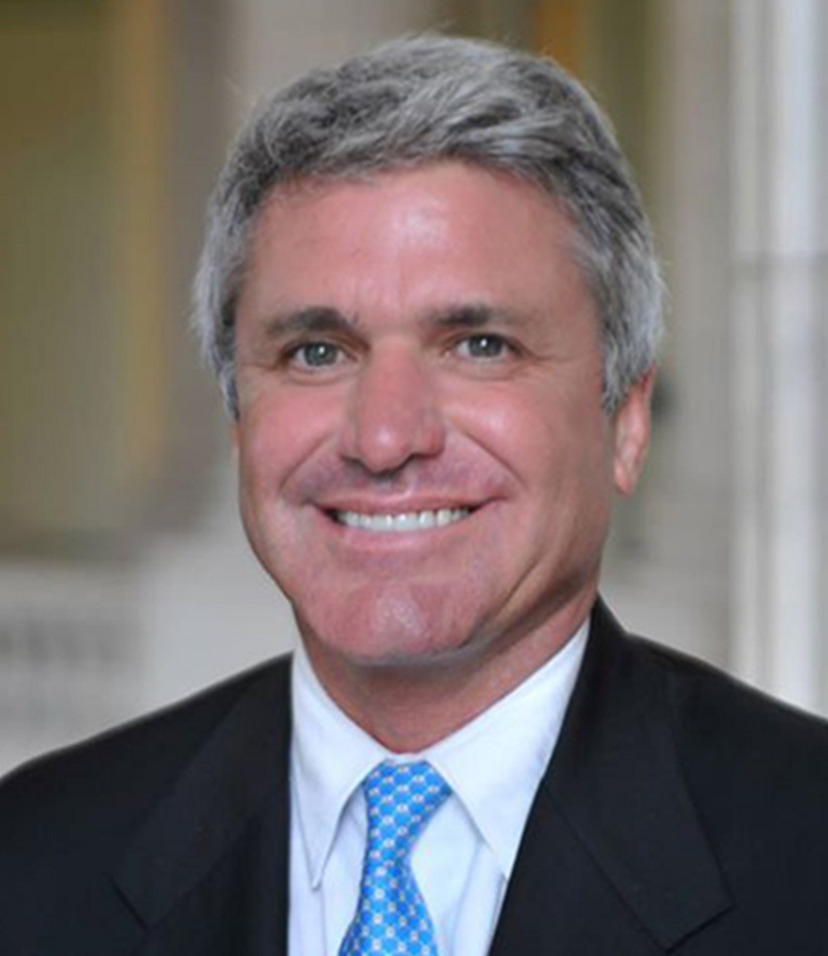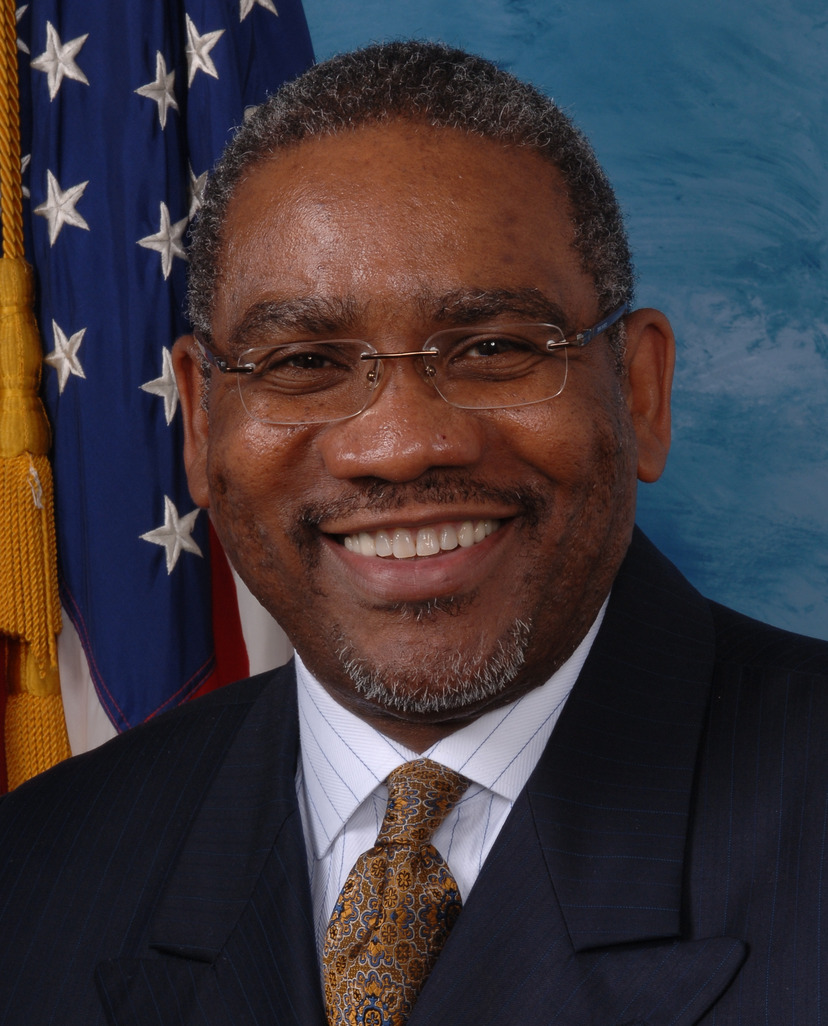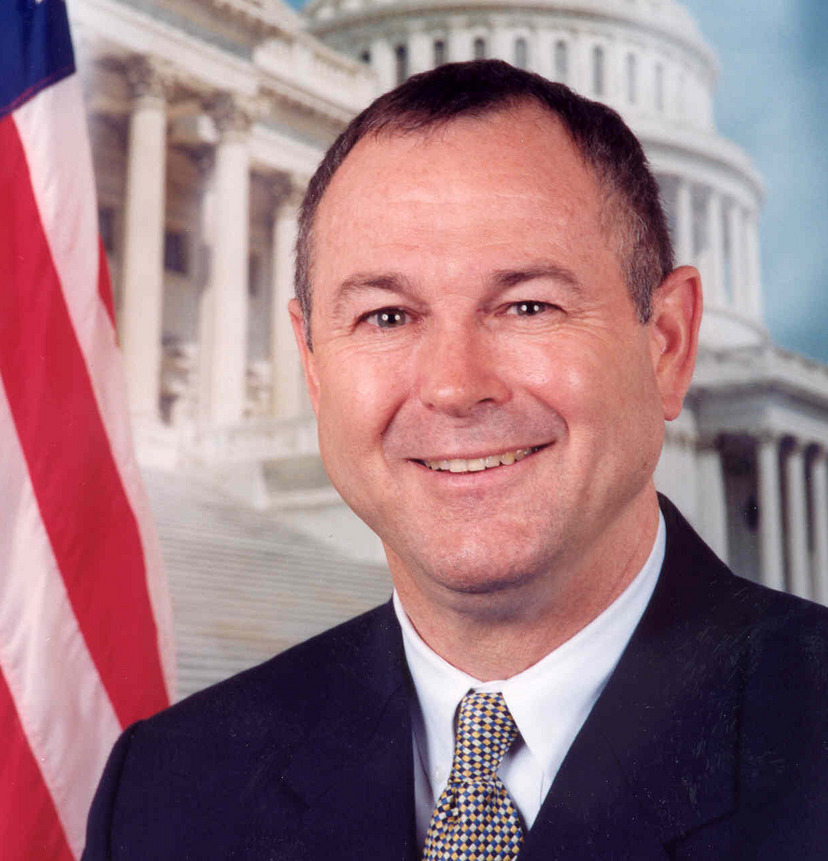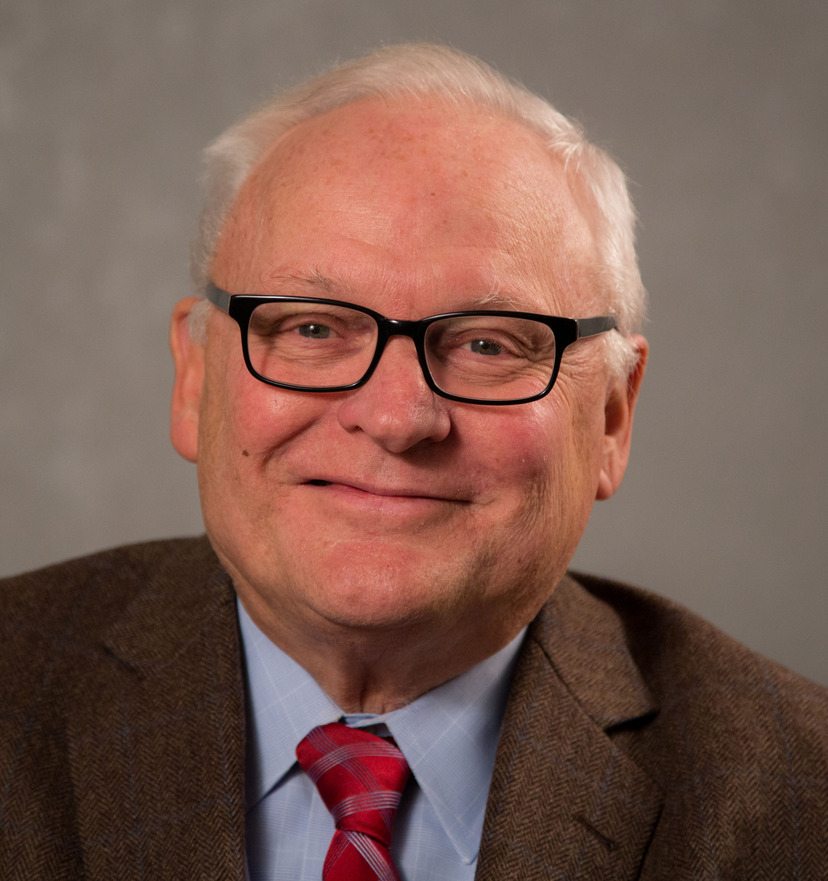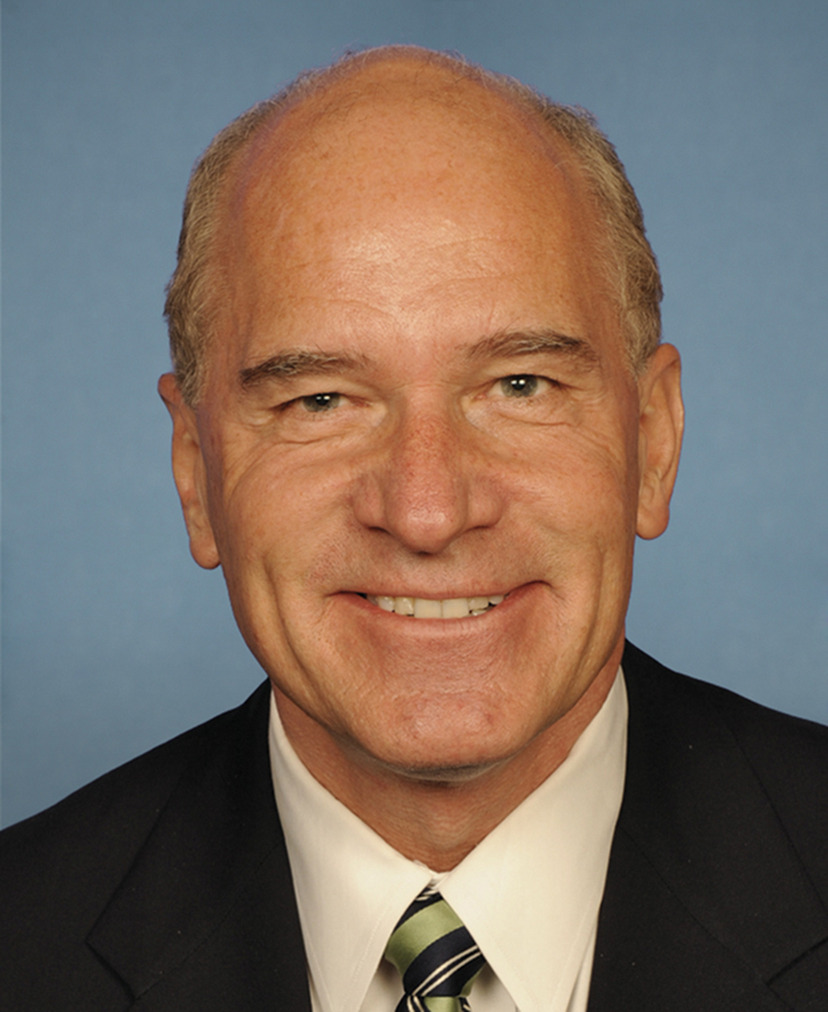Congressman Michael McCaul (Republican – Texas)
Chairman, House Homeland Security Committee:
"The recent attack in Berlin and the arrests of numerous ISIS-linked individuals inside Europe in recent months underscores the acute threat we in the West face from radical Islamist terrorists. I am confident that President Trump will continue to work with our European allies, of which Germany is a vital counterterrorism partner, to strengthen our security relationships by reinforcing border security, strengthening trusted traveler and refugee screening, and eliminating bureaucratic stovepipes in order to streamline intelligence and information sharing."

